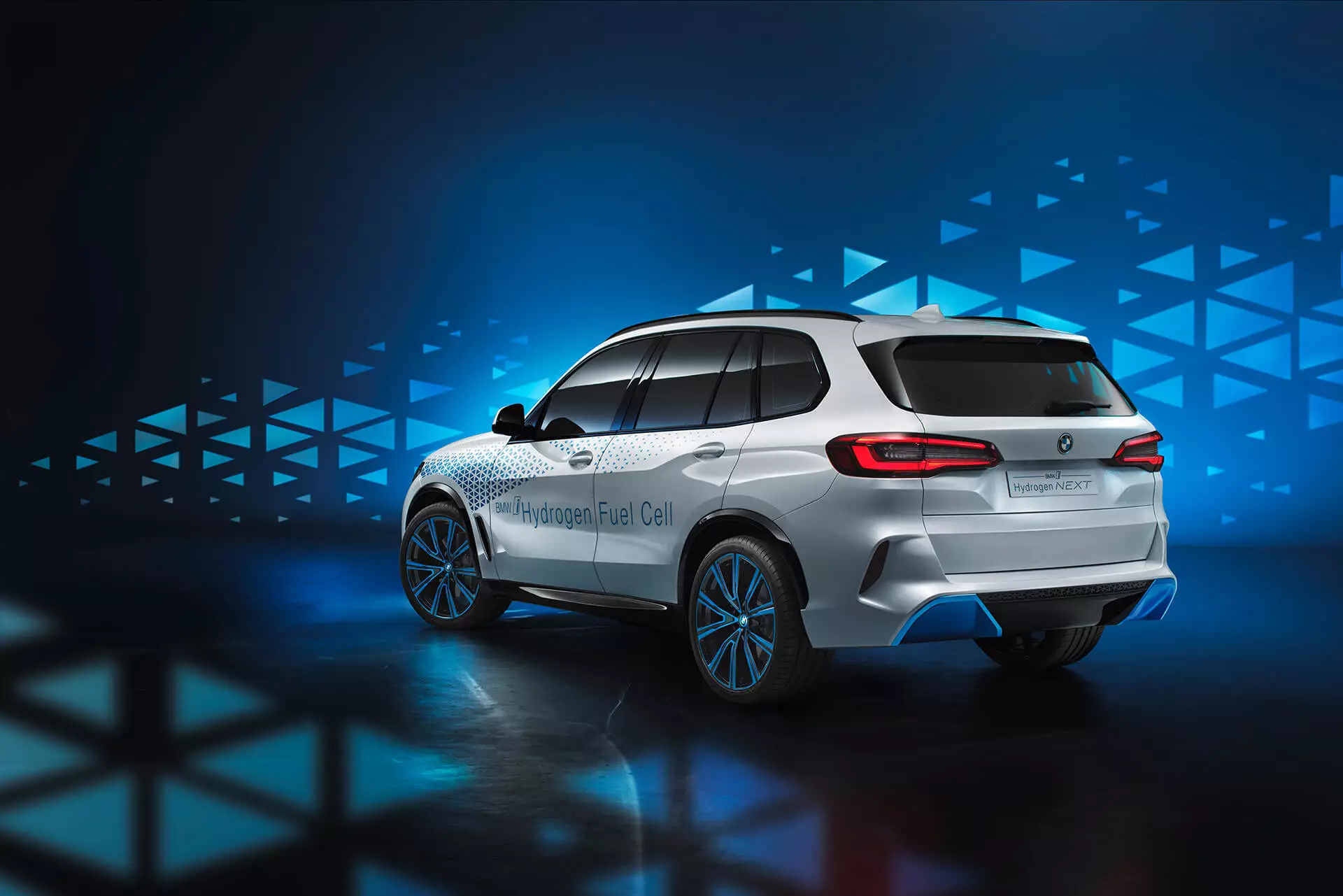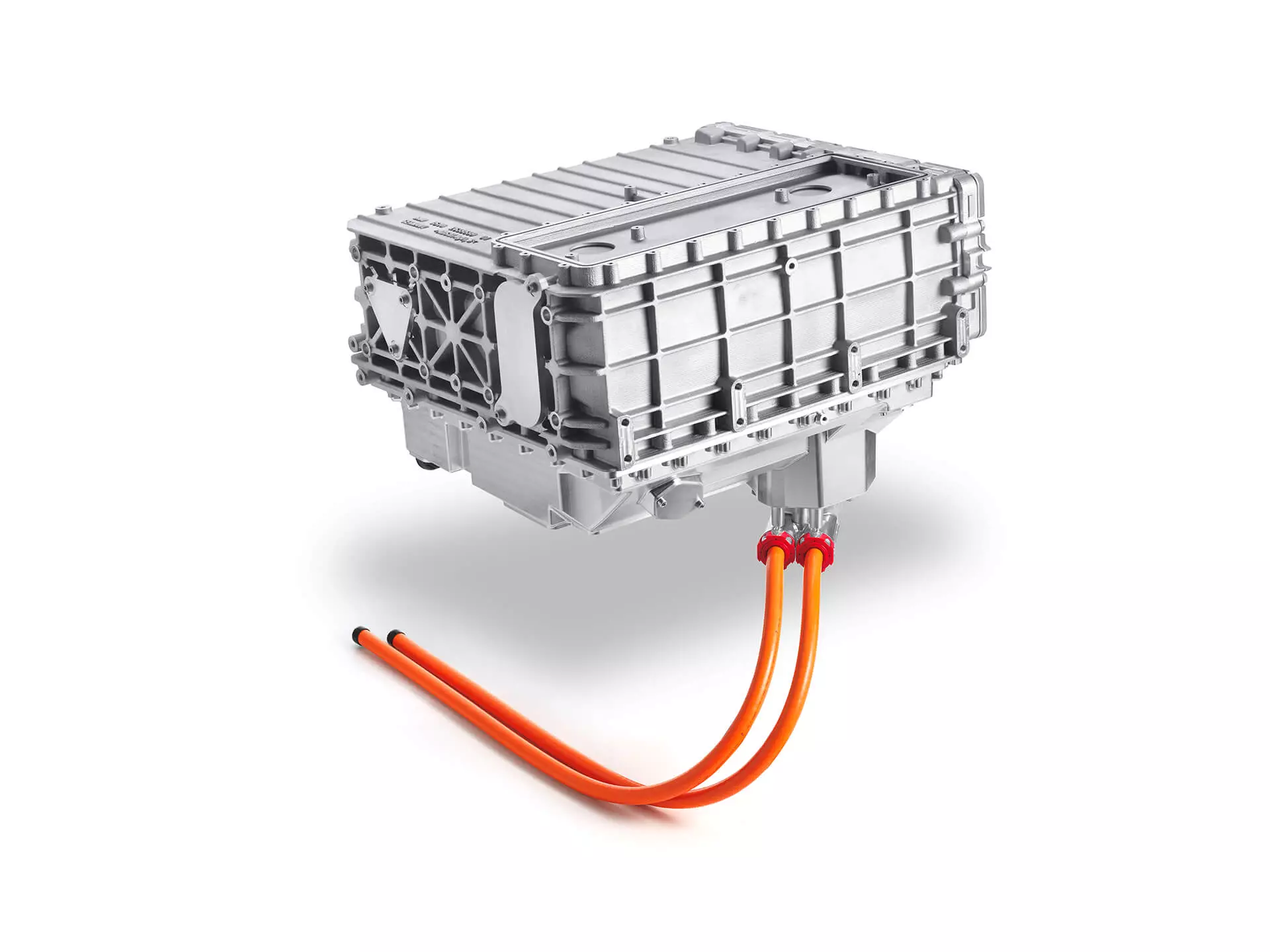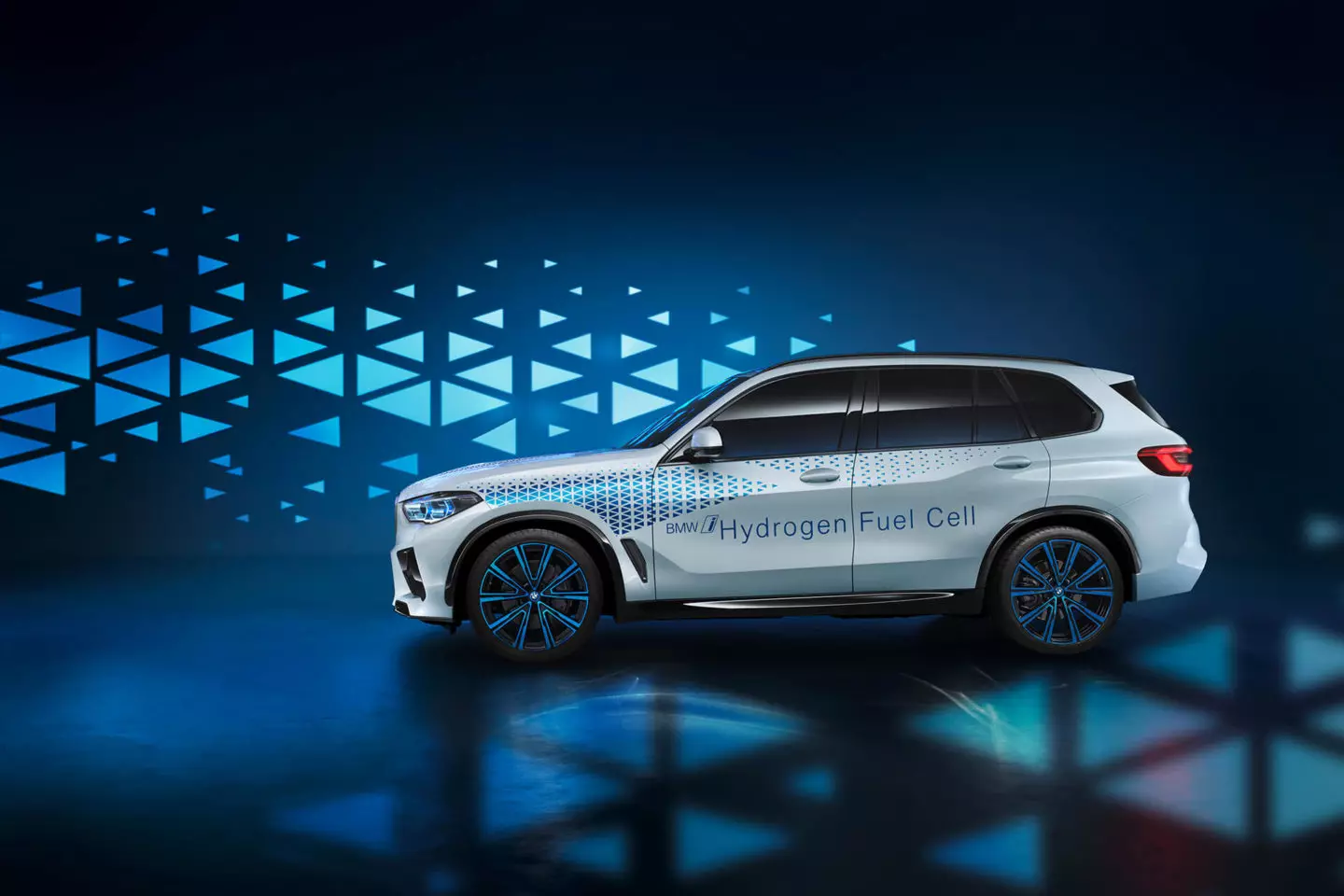The Concept 4's double XXL kidney left us as if mesmerized, but there was more to see in the BMW space at the Frankfurt Motor Show — the BMW i Hydrogen NEXT was one of those that caught our attention.
It's effectively an X5, and it's electric, but instead of having a battery pack, the electrical energy it needs comes from a hydrogen fuel cell, being a FCEV (fuel cell electric vehicle).
Hydrogen cars are nothing new, not even at BMW — after the 2004 H2R prototype broke a series of speed records, it introduced the Hydrogen 7 on the market in 2006 based on the 7 Series, which used hydrogen as fuel for the engine. V12 that equipped it.

The BMW i Hydrogen NEXT uses hydrogen differently, not powering any combustion engine. The fuel cell he owns uses hydrogen and oxygen to produce electricity, with the only resulting waste being…water.
Subscribe to our newsletter
The advantages over a battery-powered tram lie in its use practically identical to a vehicle with a combustion engine: refueling times in less than four minutes, equivalent autonomy, and performance indifferent to weather conditions.
Beyond Z4 and Supra
The technology used in the i Hydrogen NEXT is the result of a partnership between BMW and Toyota — yes, it wasn't just the Z4 and the Supra that made BMW and Toyota “put the rags together”. In this partnership formed in 2013, the two manufacturers co-developed a new powertrain based on hydrogen fuel cell technology.

Since 2015, BMW has been testing a small fleet of prototypes based on the 5 Series GT with Toyota's new powertrain and hydrogen fuel cell — the Japanese manufacturer markets the Mirai, a hydrogen fuel cell electric (FCEV) .
In the meantime, the partnership evolved, with the signing of an agreement for the development of new products based on this technology, especially components of the powertrain for future fuel cell cars. They also created, in 2017, a Hydrogen Council, which, at the moment, has 60 member companies, and whose long-term ambition is an energy revolution based on hydrogen.
Arrives in 2022
For now, BMW has not revealed specifications of the i Hydrogen NEXT, but its arrival on the market is scheduled for 2022, and serves to demonstrate that it is possible to integrate a hydrogen fuel cell in existing cars without this implying changes to its design.

Production will initially be on a small scale, anticipating a future range of fuel cell models starting (predictably) in 2025. A date that will depend on factors such as “market requirements and the general context”.
A reference especially to China, which started an incentive program for hydrogen vehicles, in order to try to provide a solution for long distances with zero emissions, mainly aimed at heavy passenger and goods vehicles.
Source: Autocar.
